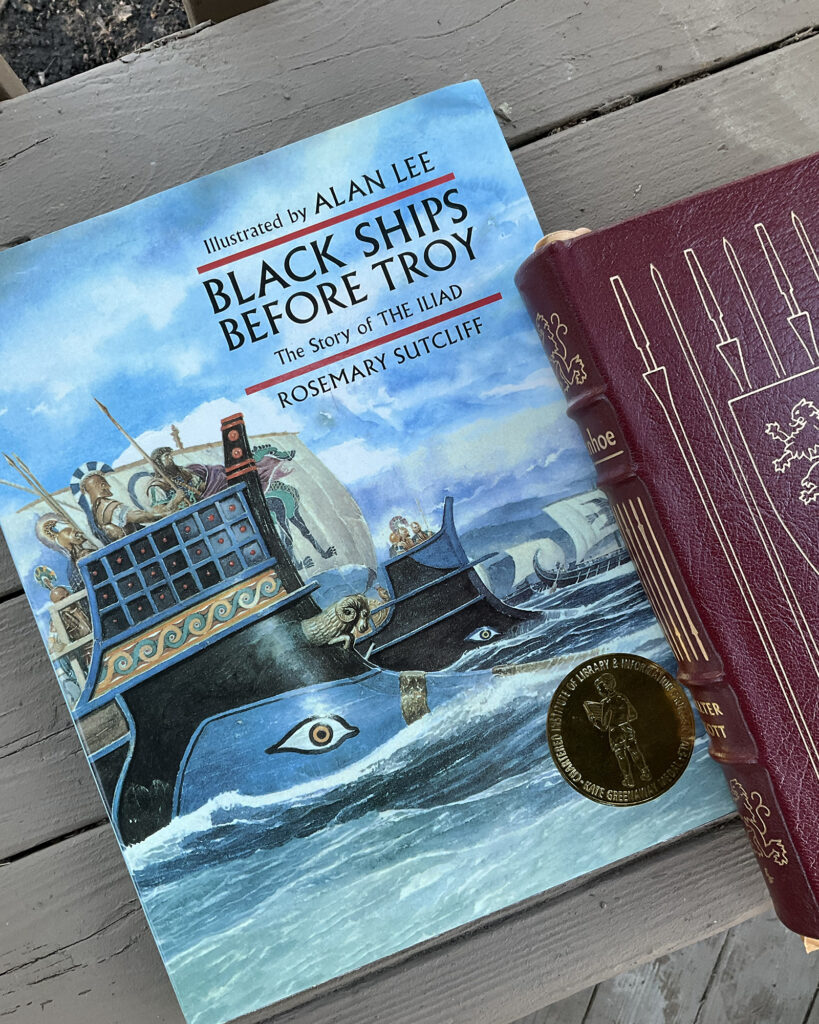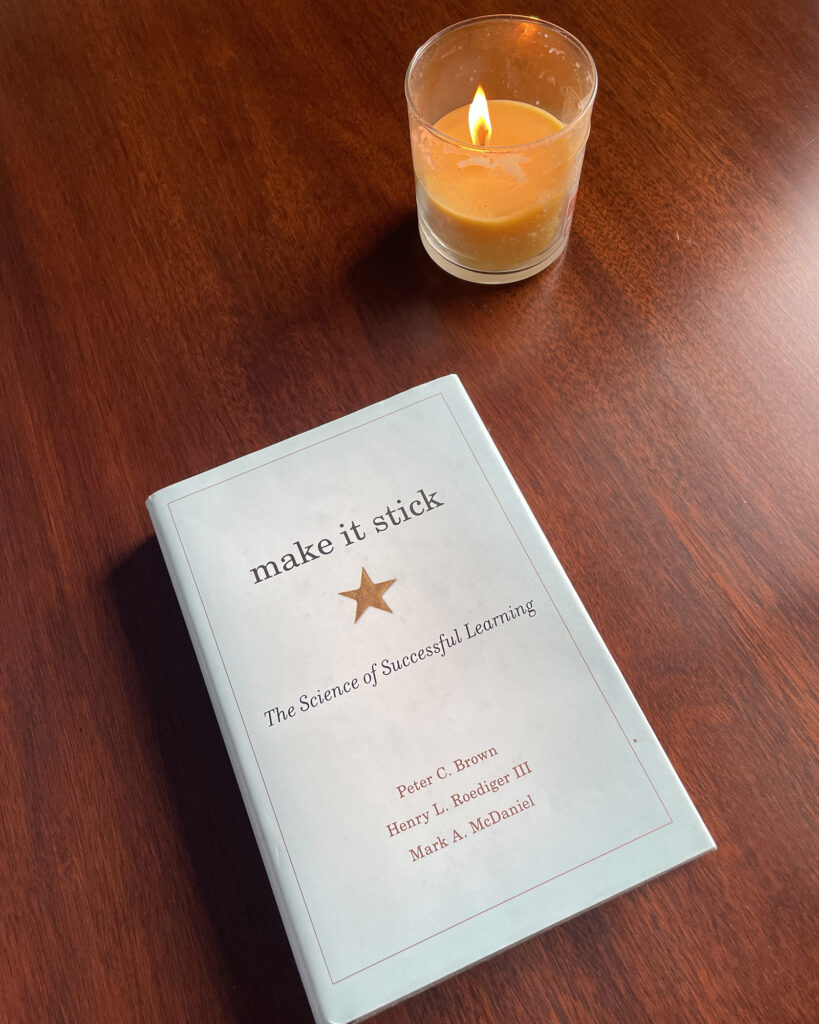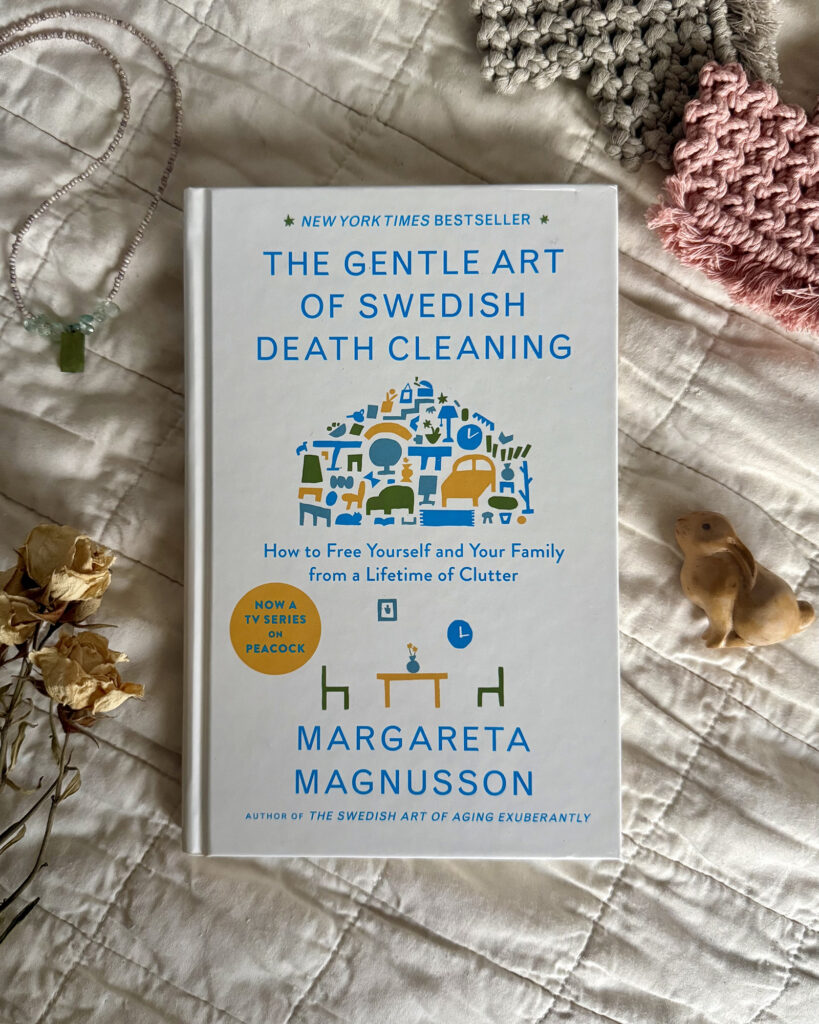The CMP Review — Week of November 17
November 17, 2025

We wrapped up our first term, and I find it to be a great opportunity for reflection. It’s easy to focus on what went wrong or how we can improve, but I love to pause and notice what went well. To lean into the beauty and goodness woven throughout our days.
This term as we delighted in many living books and ideas, our Shakespeare play has become what Charlotte Mason calls a “family festa.” We ended the term with a live performance, watching characters we’d grown to love (or not love as the case may be) come alive on stage.
Mason’s words about reading Shakespeare “continuously throughout life” feel especially true:
And Shakespeare? He, indeed, is not to be classed, and timed, and treated as one amongst others,—he, who might well be the daily bread of the intellectual life; Shakespeare is not to be studied in a year; he is to be read continuously throughout life, from ten years old and onwards. But a child of ten cannot understand Shakespeare. No; but can a man of fifty? Is not our great poet rather an ample feast of which every one takes according to his needs, and leaves what he has no stomach for?
A little girl of nine said to me the other day that she had only read one play of Shakespeare’s through, and that was A Midsummer Night’s Dream. She did not understand the play, of course, but she must have found enough to amuse and interest her. How would it be to have a monthly reading of Shakespeare—a play, to be read in character, and continued for two or three evenings until it is finished? The Shakespeare evening would come to be looked on as a family festa; and the plays, read again and again, year after year, would yield more at each reading, and would leave behind in the end rich deposits of wisdom. (Vol. 5 p. 226)
I saw it this week as my seven-year-old whispered with a knowing grin, “He doesn’t know he’s talking to Hamlet,” and spent days narrating and processing the story so it became a possession of hers for life which she can build on through future readings. A child really does take what she needs.
Tell me, what is something that is going well for you this school year? Something you want to lean into moving forward?
@tessakeath
November 18, 2025

A seven-year-old asked his mother, “Why didn’t you give me one of those pretty names we hear in the stories at school?” (He preferred Ulysses to his own name Kenneth.)
And Allan’s mother “would have done much better if she had called him Achilles.”
The year was 1920 and a head master of a council school was explaining how the alleged “difficulties” with the Charlotte Mason method vanish when it is put into practice.
This head master was not a House of Education graduate. He was a man who was set in his ways. But new ideas changed all that, and he would never go back. (Even though, in a sense, he had once been a “Mason boy”!)
Hear his wonderful story and how difficulties go away in the vintage article here.
@artmiddlekauff
November 19, 2025

Once my boys graduated from homeschool, I was a little shocked and saddened to see they no longer read for pleasure.
Then came the library used book sale. It had long been our tradition to go and the added challenge of $20-budget always kept it exciting and enjoyable.
The thrill of the hunt remained and, upon return home, we took turns sharing our finds. That night, we all went to bed with a good book and the reading hasn’t stopped.
@rbaburina
November 20, 2025

Charlotte Mason says that “knowledge is delectable.” This is because we are all born with a “natural desire for knowledge,” and when we get it, we are delighted.
But did you know that knowledge can also undermine our ability to teach? In their 2014 book Make It Stick, authors Brown, Roediger, and McDaniel explain the “curse of knowledge,” as described by physicist and educator Eric Mazur of Harvard:
The better you know something, the more difficult it becomes to teach it… Why? As you get more expert in complex areas, your models in those areas grow more complex, and the component steps that compose them fade into the background of memory (the curse of knowledge)…
“This presumption by the professor that her students will readily follow something complex that appears fundamental in her own mind is a metacognitive error, a misjudgment of the matchup between what she knows and what her students know. Mazur says that the person who knows best what a student is struggling with in assimilating new concepts is not the professor, it’s another student.
One way to escape the “curse of knowledge” is to teach with living books instead of oral lessons, so the teacher’s models don’t affect the learner’s discovery. But what about teacher-driven subjects like math, grammar, handicrafts, and even household chores?
I think Miss Mason points to a solution in Home Education when she says, “No work should be given to a child that he cannot execute perfectly.” By assigning tasks simple enough that the child can do well, we avoid overloading them with tasks beyond their ability. I think absolute patience is required from parents and teachers to ensure that students and children never miss out on one bit of the knowledge that was first delightful to us and can now be delightful to them.
@artmiddlekauff
November 21, 2025

This cute squirrel followed me as I was walking down a tree-lined path, jumping from tree to tree, chittering at me all the way. I finally stopped to look at him, and he looked at me, and we shared a (fairly long for the active squirrel) moment of staring at each other.
Any forest friends hanging around you these days?
@antonella.f.greco
November 22, 2025

We spent last week “death cleaning” our dad’s home. This week, I’ve begun my own.
Death cleaning is the Swedish term döstädning in which one’s house is put in order. It can take place either before or after we die. Rather than being sad, it’s a time to reflect on the story our things tell about our life, our legacy, a chance to rid oneself of clutter and make our homes more enjoyable, as well as a way to ease the burden on our relatives when we die.
Margareta Magnusson has written a brilliant little book on it full with big ideas. While there are workbooks, videos, and other practical books on the subject aimed at Westerners, Ms. Magnusson gets at the philosophy—the heart of the matter—while guiding you in the act. Think of it as trying to employ Charlotte Mason’s methods without the foundation of her underlying principles.
The Gentle Art of Swedish Death Cleaning is a short read that will keep one thinking (and laughing) for days afterward. If you prefer audiobook, there’s one narrated by the ineffable Juliet Stevenson—just be aware that you’ll miss the author’s whimsical illustrations.
@rbaburina
November 23, 2025

Perhaps my favorite of all the parables is that of the Pharisee and the Tax Collector. It’s hard to believe that so much truth could be expressed in so short a story. My thoughts return to it again and again when I contemplate my place before God.
I was interested then to see what Charlotte Mason would say about these verses. I was stunned. She made a parable from a parable. Beautiful, compelling, and vivid, it struck me with force. A spiritual truth clothed in the simplest of words, be sure to check it out here.
@artmiddlekauff